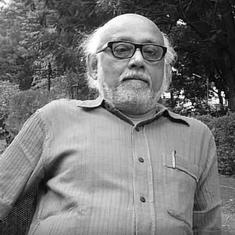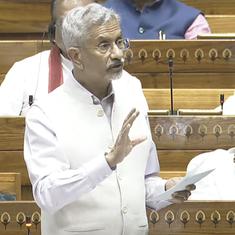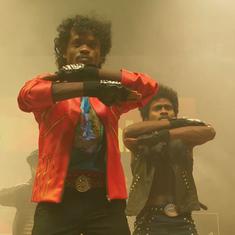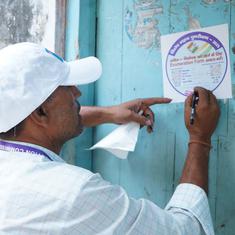- Amidst the Covid-19 pandemic, a parallel crisis of democracy is unfolding in Manipur – one that also reflects the state of Indian democracy in general, where the mandate of the people decided at periodic elections is increasingly being allowed to be twisted by elected representatives turning coat, writes Pradip Phanjoubam in The Hindu.
- Can India impose restrictions on Chinese imports by, say, revoking China’s most favoured nation status in the World Trade Organisation? As the two nuclear powers fight it out for control of territory, Prabhash Ranjan in Hindustan Times analyses the economic counter options for India.
- Migrant workers have talked about how their suffering neutralised caste divisions, even if temporarily. But has the Covid-19 pandemic changed how caste hierarchies function in India? Badri Narayan writes on the caste and class equations in The Wire.
- Human rights activist Harsh Mander gave a speech during the anti-Citizenship Amendment Act protests that called for love and non-violence. But government agencies consider this an act of provocation. Appovanand writes in Scroll.in on the impact of the Delhi Police citing Mander’s speech in charge sheets connected to the Delhi February communal violence.
- Indian leaders should no longer superimpose domestic political sloganeering on to foreign policy objectives. Border disputes should not be used to score brownie points in Parliament, says Rajesh Ramachandran in the Tribune.
- Protests against racism have swept United States over the last few weeks. In Rolling Stone, Jamil Smith reports on how the Black Lives Matter movement is changing America and what the future holds for the movement.
- This powerful photo essay in the New Yorker captures the faces of those marching for racial justice in New York amidst the Covid-19 pandemic.
- British Prime Minister Boris Johnson is adding to errors in handling the Covid-19 pandemic by sidelining ministers and civil servants in favour of a few advisers. Centralising political power is not the way to deal with the pandemic, argues Bernard Jenkin in Guardian.
- In Victorian London, a gang of US hustlers attempts a ten-million-dollar heist on the safest bank in the world. Can the detective who inspired Sherlock Holmes catch them? Paul Brown in Longreads writes on the great 19th -entury robbery of the Bank of England.
- The US Supreme Court is a deeply conservative institution, stocked with conservative jurists. But lasts week’s Bostock decision was a win for LGBT justice – and it opens up new possibilities for emancipatory change, argues Kate Redburn in Jacobin.
The Weekend Fix: A crisis of democracy unfolds in Manipur and nine other weekend reads
Ten must-read articles this weekend.










